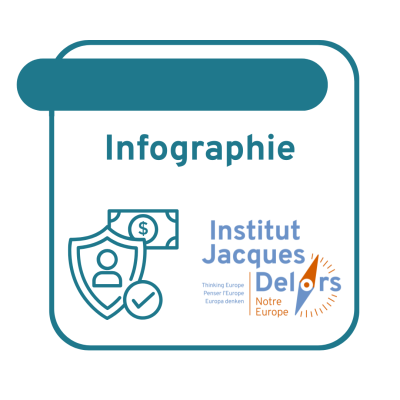[EN] Comment promouvoir les intérêts économiques européens en Chine ?

Ce Policy Paper est une contribution de Agatha Kratz and Jonas Parello-Plesner (ECFR) au projet Think Global – Act European (TGAE). Thinking Strategically about the EU’s external action dirigé par Notre Europe – Institut Jacques Delors (rapport disponible en mai 2013, dir. Elvire Fabry, Chercheur Senior, Notre Europe – Institut Jacques Delors).
Jonas Parello-Plesner, chercheur senior au Centre européen des relations étrangères (ECFR) et Agatha Kratz, chercheuse au Centre asiatique, pour l’ECFR ? Il existe de nombreux domaines dans lesquels l’UE tente et souhaite promouvoir ses intérêts face à une Chine en pleine ascension et de plus en plus puissante. Dans le domaine diplomatique, par exemple, l’UE a tenté d’inclure la Chine sur plusieurs fronts, avec plus ou moins de succès. Parmi ces efforts, on peut citer la tentative de l’UE d’impliquer davantage la Chine dans la résolution du conflit syrien, ou la pression exercée par l’UE pour que la Chine adopte une attitude plus ferme en matière de non-prolifération nucléaire, en particulier à l’égard de l’Iran et de la Corée du Nord.
Néanmoins, à mesure que la Chine et l’UE deviennent de plus en plus dépendantes sur le plan économique, les intérêts économiques ont pris le dessus et sont désormais au cœur de l’action de l’UE. En cette période de difficultés économiques, en particulier en Europe, les questions économiques et financières sont plus importantes que jamais, et l’Europe doit redéfinir sa stratégie afin de promouvoir ses intérêts auprès de la Chine et de garantir que les deux parties tirent profit d’une relation de plus en plus étroite et diversifiée.




